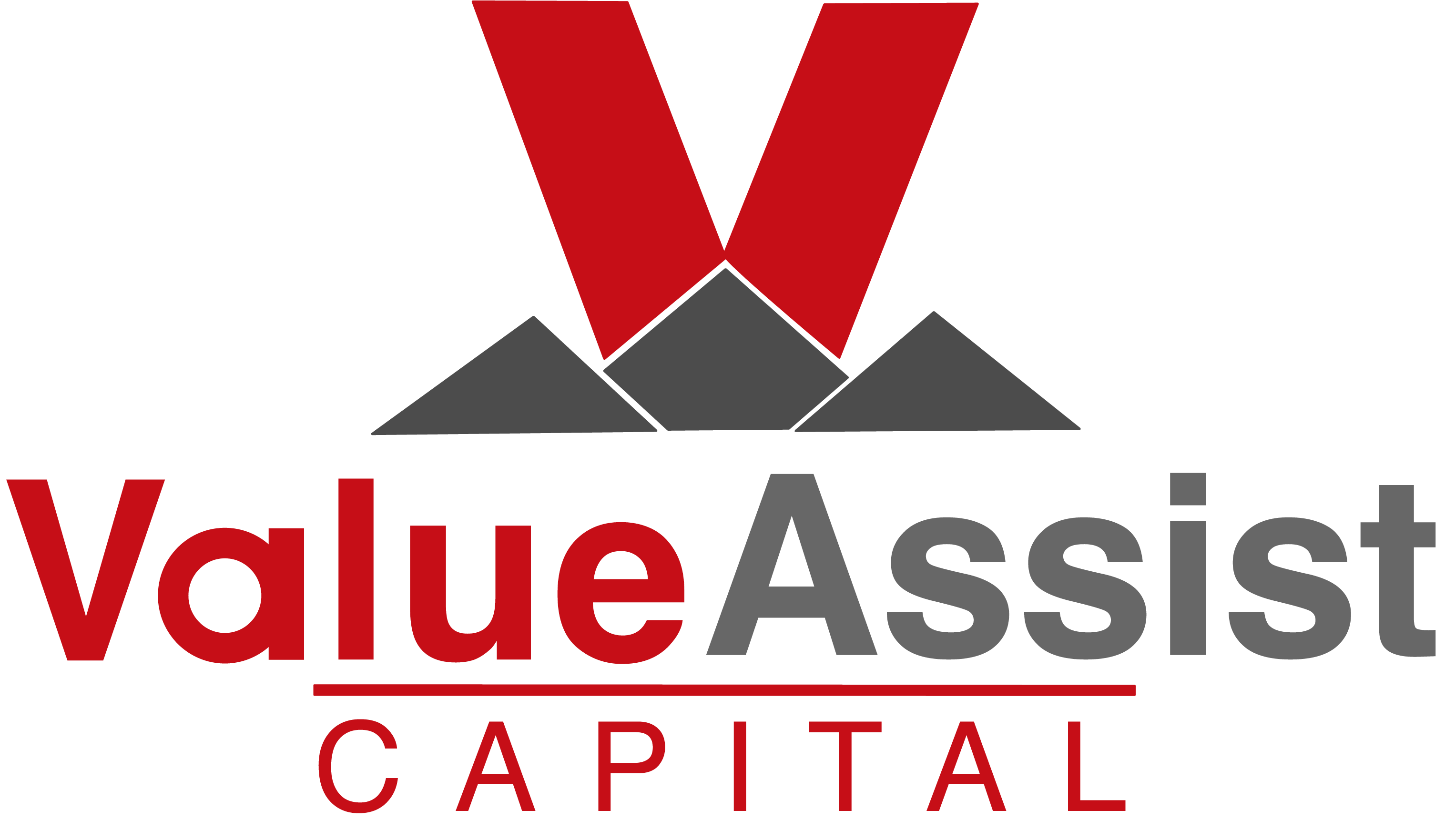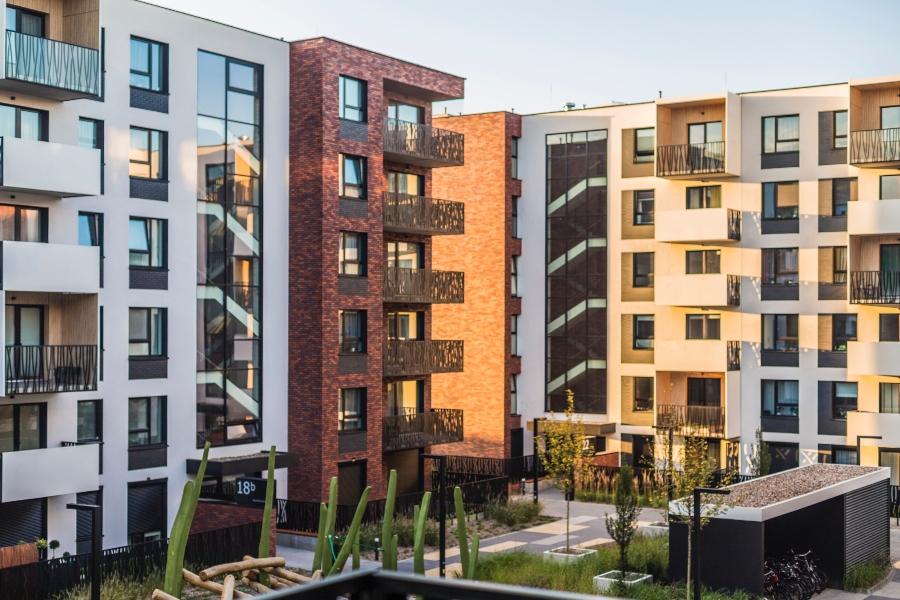Set Yourself Up for Success: 7 Things Every Landlord Should Do First
You’ve signed the closing documents and purchased the property. Now, it is time to take over as landlord of your new apartment complex. Many people involved in real estate investing enjoy their new role. Prioritize your investment goals, such as recruiting new tenants, maintaining the building, and operating a successful enterprise. Let’s examine the first things you should do when taking over the management of your new property.
Review Existing Leases
Examine your records for existing rental contracts. Make sure that every occupied unit has a corresponding lease agreement. Some landlords are lax in accounting for each unit’s occupancy status. Make a list of contract expiration dates and work with your real estate attorney to develop new rental contracts.
Introduce Yourself
Walk the building and introduce yourself to your tenants. Take notes about concerns or questions residents bring to your attention. Start an internet communication portal that allows you to communicate with tenants. Being an active landlord and meeting your customers’ needs will make you more successful
Create an Emergency Fund
Real estate investing has many expenses tied to the initial purchase. Open a bank account for emergency repairs and maintenance. Save up to six months of expenses for this account. Be sure that the money is highly liquid so that you can access it immediately if you need it.
Build a Maintenance Fund
Your rental contracts should state if you or the tenant are responsible for maintenance issues inside the unit. However, some tenants may delay maintenance requests. When their contract expires, you have an apartment that requires significant upgrades.
Inspect Empty Units
Perform a thorough inspection of all empty units. Make notes of any damages or updates that need repair. Prioritize making those units rentable. The sooner the units are available to rent, the more successful you will be.
Open a Bank Account
Real estate investing experts suggest you open an account strictly for accepting rental payments. Do pay expenses out of this account. Transfer the funds necessary for maintenance or repairs into another account and pay those bills out of those accounts. Under no circumstances should you use your rental account to pay personal expenses.
Collect Outstanding Debt
Don’t wait on late rent payments. If tenants miss a payment, immediately start action to collect on those payments. You can start with a phone call or email. In the beginning, you do not know the financial status of your tenants. Be sure new rental contracts include late payment policies. Don’t forget to inform tenants before running credit checks.
Early action in your real estate investment career will help you become a more productive landlord.



